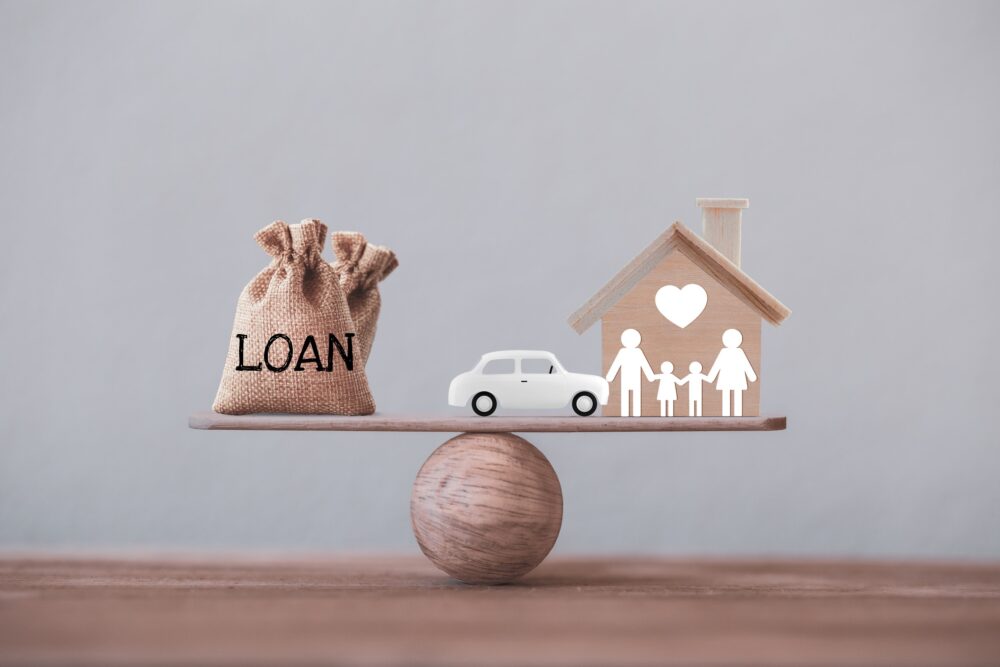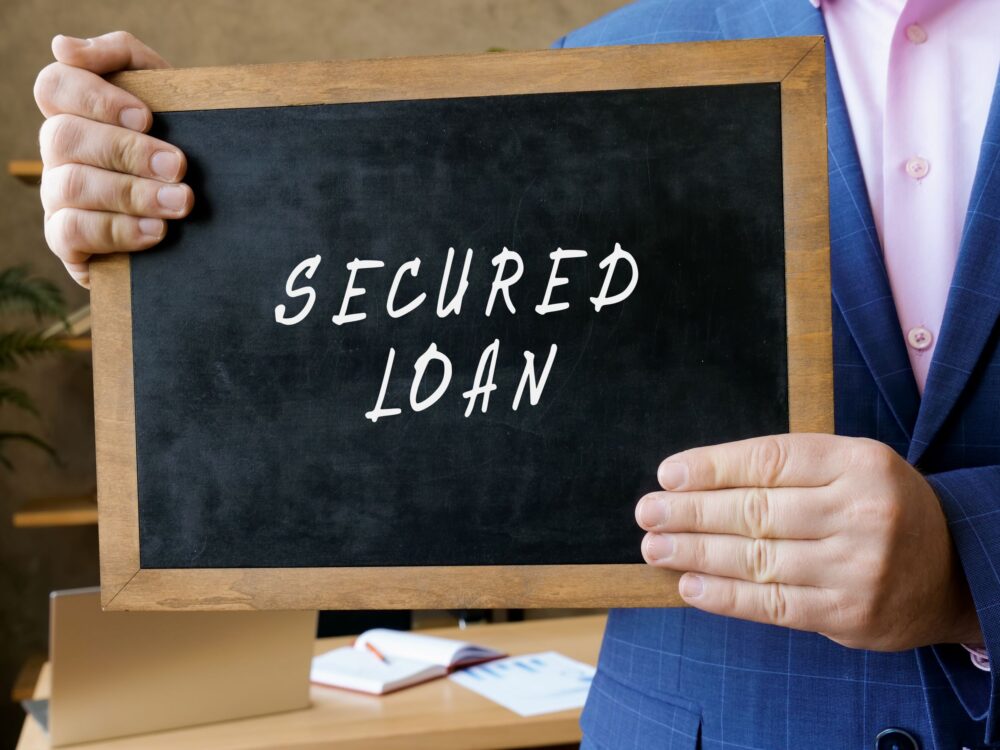[ad_1]
Most people find themselves needing a loan at some point in their lives. This funding can be used for paying something unexpected, managing debts, or funding a purchase. The same goes for business owners looking to grow and expand their businesses.
If you’ve started exploring lending options, you may have noticed some lenders and banks offering ‘secured’ loans with more attractive payment terms and interest rates.
Thus, this article shares some of the basic information you need to know about secured loans.
Understanding Secured Loans
A secured loan is a personal or commercial loan that requires collateral as a condition of borrowing. As such, it’s also known as collateral loans. In general, traditional banks and online lenders, such as Rapid Loans offer secured loans to various consumers. A lender or bank can request collaterals for large loans or if your credit score isn’t sufficient to qualify for an unsecured loan.
Most secured loans offer lower interest rates since they present a lower risk to banks and lenders. However, some may carry higher interest rates.
How Does It Work?
With a secured loan, the lender computes a loan-to-value (LTV) ratio to determine how much money you can borrow against the collateral you offer. For instance, if you have collateral worth USD$100,000 and the lender allows for up to 80% of the LTV ratio, they can give you a maximum of USD$80,000.
If your collateral loses value, you’ll be required to provide additional assets as collateral to maintain your secured loan. If you can’t make payments for your loan, the lender will seize the collateral used to secure the loan. So, if you used your car as collateral, the lender would pull your vehicle to pay for the remaining amount of your loan.
In addition, if the lender takes your assets and sells them for less than the remaining amount you owe, you’re still responsible for the difference.
What Can Be Offered As A Collateral?
Often, the type of collateral needed to secure a loan is related to the purpose of borrowing, such as mortgages wherein the house is used as collateral.
That said, collateral can also include many forms:
- Real estates, such as commercial buildings, homes, equity in real estate, or land
- Investments, including bonds, stocks, and mutual funds
- Bank accounts, such as savings accounts, checking accounts, money market accounts, and certificates of deposit accounts
- Vehicles, including trucks, cars, SUVs, boats, and motorcycles
- Insurance policies
- Business assets such as inventory, machinery, and equipment
- Other valuable assets, such as collectibles, coins, and precious metals
Providing collateral can be easier for you to acquire a loan than not providing one.
Common Types Of Secured Loans
Several financing options may require collateral. Here are some of them:
- Mortgages
It’s a common type of secured loan. Mortgages are secured by the financial property, which means that the lender can easily foreclose your home in case your default on your mortgage payment.
- Auto Loan
Like mortgages, an auto loan is secured by the car being financed. Lenders often hold the title to the vehicle until the loan is fully repaid to protect the interest in the collateral.
- Home Equity Lines Of Credit (HELOC)
A HELOC is a revolving loan secured by a borrower’s equity in their home. This borrowed fund can be used on an as-needed basis.
- Home Equity Loans
Much like a HELOC, home equity loans are collateralized by a borrower’s home equity. However, with a home equity loan, the borrower receives a lump sum, on which interests start accruing immediately.

- Pawn Shop Loan
With this type of loan, you leave a valuable item, typically jewelry, with a pawn shop, then accept a lump sum of money. You agree to repay the loan with the collateral, or the pawnshop will keep and sell the item.
- Secured Personal Loan
This personal loan is often secured by a car title or savings account. The funds can be used for personal expenses such as medical costs, vacations, or home improvement projects.
- Secured Credit Cards
With this type of secured loan, you get access to a line of credit equivalent to the amount you commit as a security deposit. The higher amount you guarantee as collateral, the higher the credit limit you’ll have. As such, it’s a good way to build credit, especially for those without a credit history.
Takeaway
And there you have it! As with any loan offer, if you know you have a solid financial footing, a secured loan will be worth it. It allows you to get a bigger loan with lower interest fees and rates which can help you save good money in the long run.
[ad_2]
Image and article originally from www.savingadvice.com. Read the original article here.

